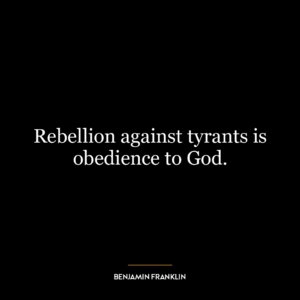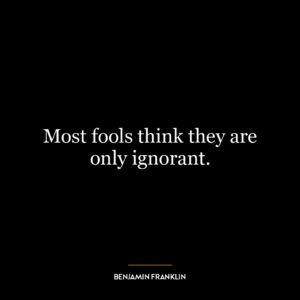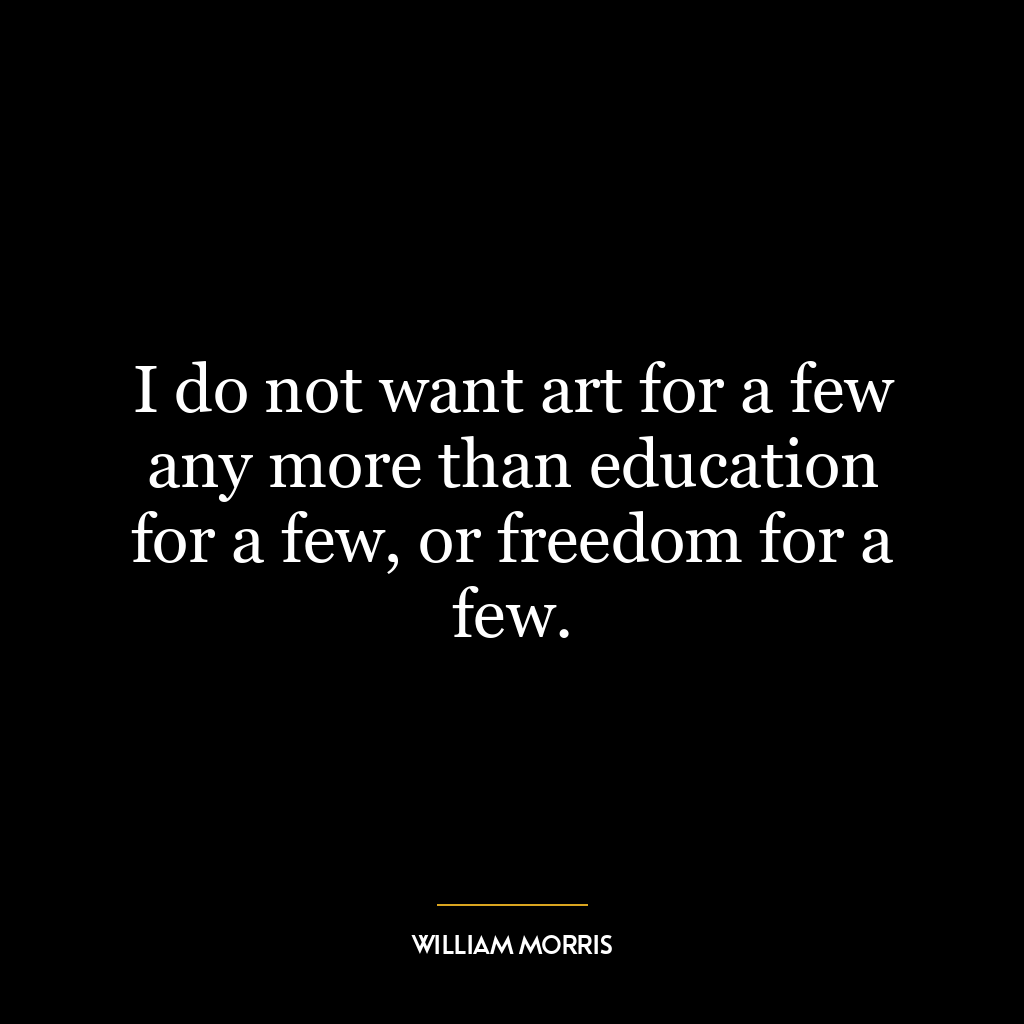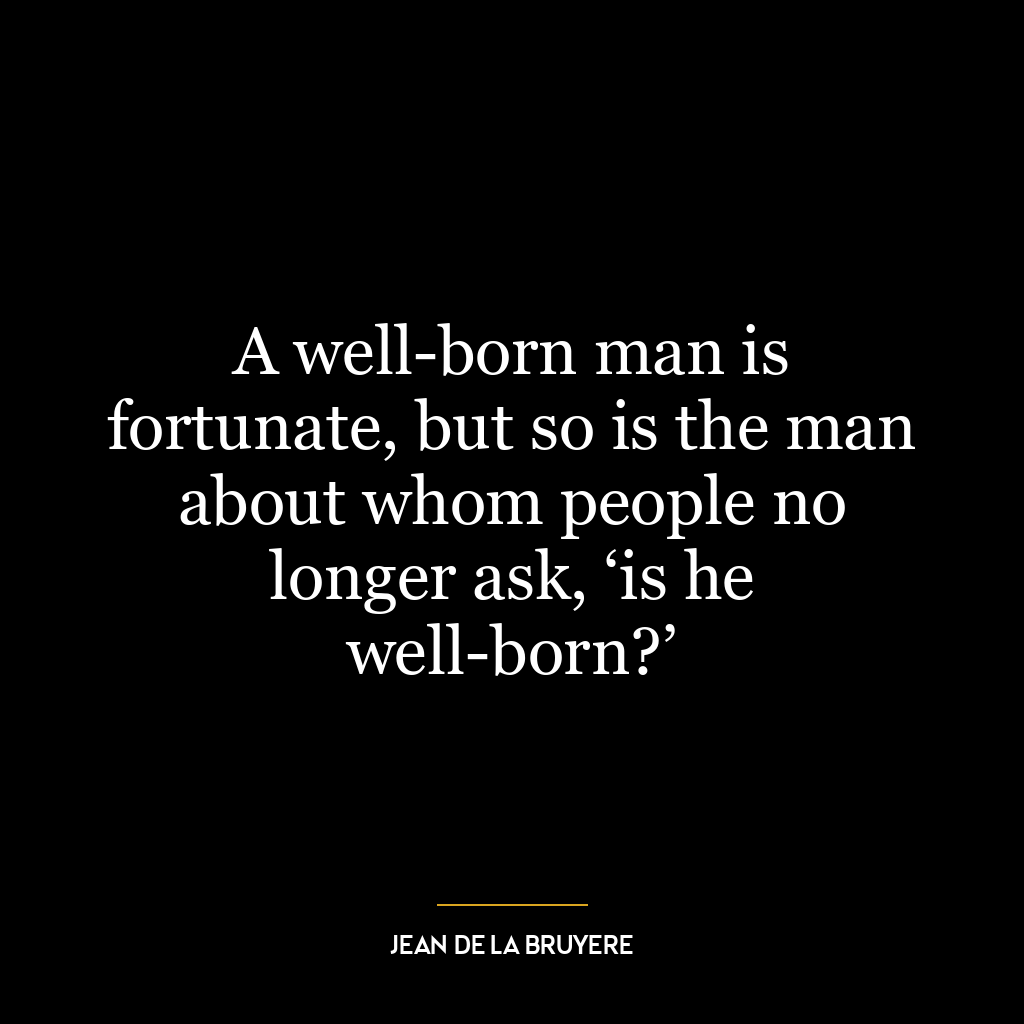Justice will not be served until those who are unaffected are as outraged as those who are.
This quote emphasizes the importance of empathy and collective action in the pursuit of justice. It suggests that justice is not merely the responsibility of those who are directly affected by injustices but also those who are not. It calls for a shared sense of outrage and a collective response to injustice, no matter who it affects.
The quote implies that true justice can only be achieved when everyone, regardless of their personal involvement or degree of affectedness, takes a stand against injustice. This is because injustice anywhere is a threat to justice everywhere. It means that if a segment of society is oppressed or wronged and the rest are indifferent, justice is not served.
Applying this to today’s world, it can be seen in the way society responds to various social issues like racial discrimination, gender inequality, poverty, and more. For instance, it’s not enough for only the victims of racial discrimination to fight against it. For true justice to be served, those who are not directly affected by racial discrimination must also be as outraged and take action against it.
In terms of personal development, this quote can be a reminder to cultivate empathy and a sense of social responsibility. It encourages individuals to not be passive observers of injustice but to actively participate in rectifying it. It calls for the understanding that we are all interconnected and that the suffering of one affects us all. It highlights the importance of standing up for what is right, even if we are not directly affected by the wrong.












